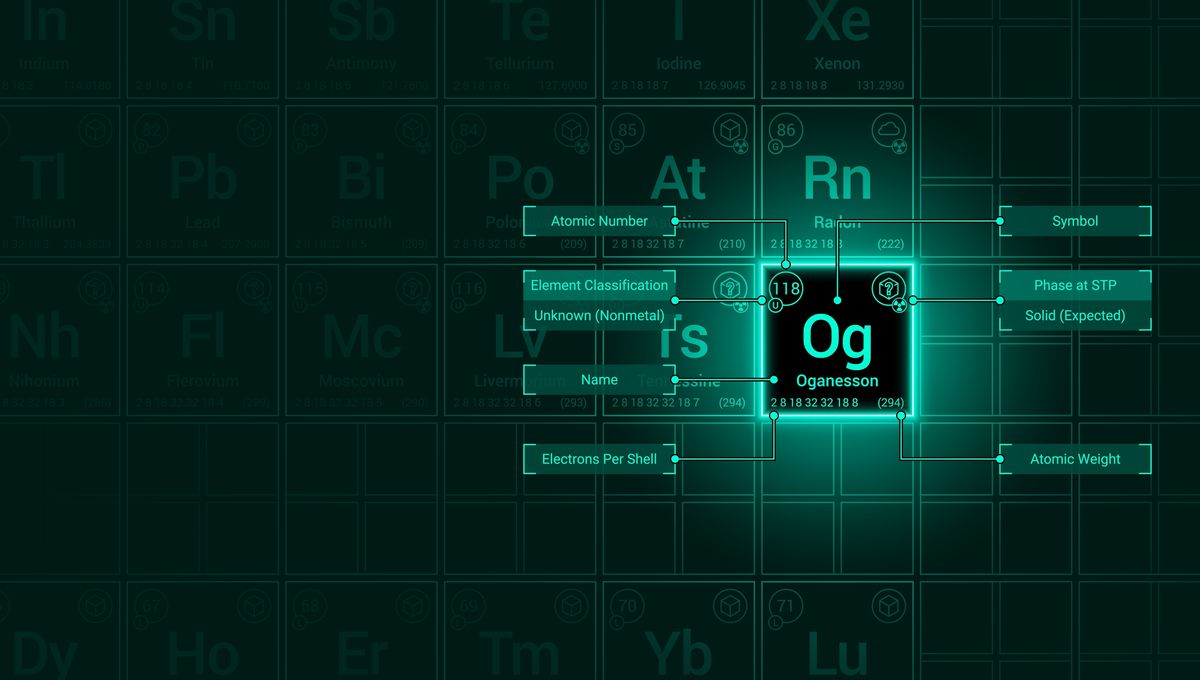
The physical properties of elements are crucial – they have shaped every interaction in the universe, and are a consequence of how they have been produced, and determine how we have utilized them. As usual there are a few good answers to the above question, but there are also a lot of nuances as well. The question is not as well defined as it might appear.
As we have talked about in the past, weight and mass are two different concepts in science. They are linked, of course, but mass is an intrinsic property of matter, while weight is a force that depends on the gravitational field of wherever you are measuring it. So for heaviness, we can go with the mass definition or we can talk about the feeling we have about an element.
“Atoms have mass? I didn’t even know they were Catholic!”
In many places, you’d find that the heaviest element is uranium. In particular the isotope uranium-238, which is the most abundant and stable of all natural isotopes, is often considered the heaviest that can be found in the natural world. Its atomic mass, as the name implies, is 238, which is the number of neutrons and protons in its nucleus. For uranium-238, it’s 92 protons and 146 neutrons.
Every element with a higher number of protons was discovered after being created in the lab, but it turns out that plutonium (94 protons) – despite having come to our knowledge in the lab of Glenn T. Seaborg and his team at UC Berkeley – also occurs naturally. Some of this natural plutonium is related to uranium. Some has been found in meteorite dust deposited in the seabed. So, plutonium-244 is the heaviest naturally occurring element that we know of.
But we have created much bigger elements than plutonium. The heaviest element ever synthesized is oganesson (chemical symbol Og). It has 118 protons and 176 neutrons, making an atomic mass of 294. It was first obtained in 2002 at the Joint Institute for Nuclear Research (JINR) in Dubna, near Moscow and it was named after Russian-Armenian nuclear physicist Yuri Oganessian, who discovered some of the heaviest elements in the periodic table.
It is possible that this record might be broken someday. Nuclear physicists have evidence of the so-called magic numbers – specific numbers of protons and/or neutrons that are much more stable than other nuclei. These numbers are 2, 8, 20, 28, 50, 82, and 126. The last one has only been seen for neutrons, but it is possible that hypothetical unbihexium, with 126 protons and a lot more neutrons, could be synthesized and be stable. Or, at least, stable enough for us to measure it.
What’s heavier: a kilogram of feathers or a kilogram of lead?
We are now no longer looking at the mass of the atoms in question but at a different quantity: density. Density is the mass per unit of volume. It is an extremely useful quantity, and when it comes to the human experience makes the famous trick question of the subheading work. A kilogram of lead, being denser, makes us think that it should be heavier than a kilogram of feathers despite them having the same mass.
And density does not scale with atomic mass, so if you had a cube of uranium and a cube of another element, uranium wouldn’t be the densest element simply because it is the one with the largest mass. The densest element is osmium, and right behind it, there’s iridium. Both have almost double the density of lead and are only a smidge apart.
The reason why the elements are so dense has to do with a peculiar balancing act. They have a high enough atomic mass but quite a small atomic radius due to well-organized electrons, so in the same volume, you can pack more osmium atoms than any other known element. Osmium has 22.6 times the density of liquid water.
Source Link: What Is The Heaviest Element In The Universe?